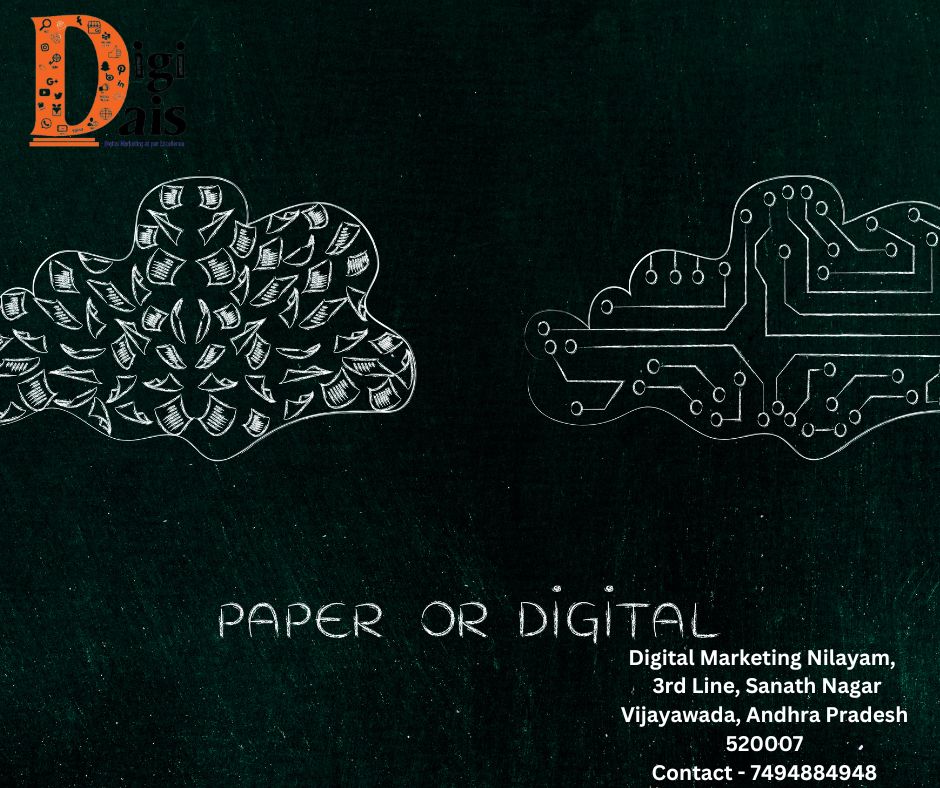Navigating the Marketing Landscape: Traditional vs. Digital Marketing
The age-old debate of traditional vs. digital marketing continues to shape the strategies businesses employ to connect with their audiences. Each approach has its merits and limitations, and finding the right balance is crucial for a comprehensive marketing strategy.
Traditional Marketing: Traditional marketing encompasses time-tested methods such as print ads, TV commercials, radio spots, and direct mail. While these channels have historically proven effective, they often come with higher costs and limited targeting capabilities. The reach is broad, making it challenging to tailor messages to specific audience segments.
Digital Marketing: Digital marketing, on the other hand, leverages the vast landscape of the internet. From social media and content marketing to email campaigns and search engine optimization (SEO), digital platforms offer highly targeted and measurable strategies. The real-time analytics provided by digital marketing enable businesses to refine their approaches swiftly based on user behavior and engagement metrics.
Key Contrasts:
- Cost-Effectiveness: Digital marketing is often more cost-effective, allowing businesses to allocate budgets with precision based on performance metrics.
- Targeting and Personalization: Digital marketing excels in reaching specific demographics with personalized content, enhancing engagement and conversion rates.
- Measurability: Digital marketing provides real-time analytics, enabling marketers to track performance and adjust strategies promptly.
- Reach and Frequency: Traditional marketing may have a broader initial reach, but digital marketing allows for more frequent and tailored interactions with the audience.
Striking the Right Balance: In today’s dynamic landscape, a balanced approach often yields the best results. Integrating elements of both traditional and digital marketing creates a holistic strategy that maximizes reach, engages diverse audiences, and adapts to evolving consumer behaviors. Ultimately, the choice between traditional and digital marketing depends on the specific goals, target audience, and resources of each business.
